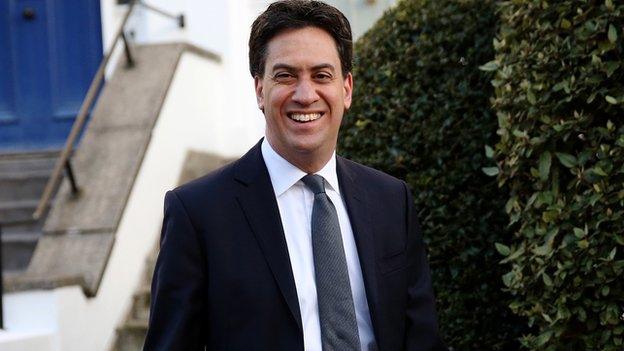David Cameron 'wilfully dishonest' over immigration - Nigel Farage
- Published
UKIP leader Nigel Farage: "We cannot control immigration as members of the European Union"
David Cameron was "wilfully dishonest" when he pledged to cap immigration to the tens of thousands, UKIP leader Nigel Farage has said.
He said the target to cut net migration to the UK could not be achieved as long as Britain remained a member of the EU.
Launching UKIP's campaign poster on immigration, Mr Farage said an "honest debate" on the subject was needed to restore public trust in politics.
The Conservatives said UKIP's immigration policy was in "chaos".
Speaking in Dover, Mr Farage told the gathered media that the other parties were making false promises on immigration during the election campaign.
But he said the only solution to controlling immigration was to leave the EU - which UKIP campaigns for.
'Return to normality'
The prime minister pledged in 2011 to reduce the number of migrants coming to the UK to levels last seen in the 1990s, about "tens of thousands" each year.
But the target has not been met, with the latest figures showing net migration rose to 298,000 for the year ending in September 2014 - higher than when he came to office.

Analysis by Alex Forsyth, UKIP Campaign Correspondent
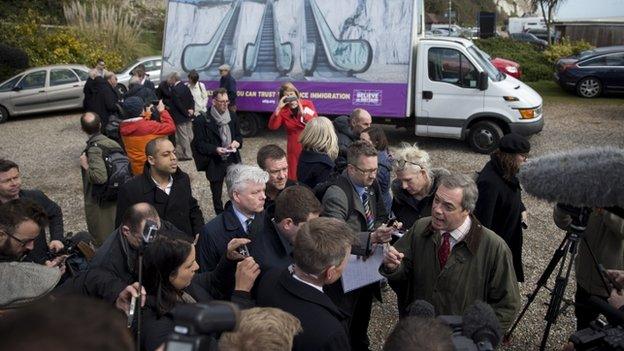
Nigel Farage swept in and out of a blustery press call in the shadow of the white cliffs of Dover.
The UKIP leader - helped along by a backdrop of party activists - unveiled a poster attacking the Conservatives' record on immigration, in response to which they said UKIP's policy was in "chaos".
An initially well-behaved press pack soon descended into a gentle scrum, with Mr Farage directed towards one camera then another for a series of interviews.
He announced new target immigration figures, was challenged over his views on migrants with long-term illnesses and set an ambitious timeframe to get immigration down.
Then, time for a coffee - not a pint - in a local pub before Mr Farage was whisked away again.
A picturesque media opportunity, but one that revealed little more about UKIP's immigration policy other than the obvious fact it is central to their campaign.
The symbolic location, with the shadow of France on the horizon, was deliberately chosen by Team UKIP to keep Britain's relationship with the continent at the forefront of people's minds. Although - perhaps ironically - it also caused some mobile phones to switch to French networks in order to function.

Downing Street said the rise has been driven in part by Britain's economic success relative to its neighbours in the eurozone. Labour said the government's pledge was "in tatters".
But, unveiling UKIP's campaign advert, Mr Farage said: "When Cameron made that promise he was being wilfully dishonest.
"Because he knew the truth and I think now the British public, five years on, know the truth: that you actually cannot have an immigration policy, you can't set targets of any kind at all, you can't attempt to control who comes into Britain all the while you're members of the European Union."
He issued a call for a "return to normality", saying net immigration - the difference between the number of people leaving the UK and the number coming in - should be brought down to about 30,000 people per year.
'Play footsie'
Charlie Elphicke, Conservative candidate in Dover, accused Mr Farage's party of performing U-turns on immigration policy.
"All we've seen from UKIP on immigration is chaos and confusion: one minute there's a cap, then there's not. Mark Reckless says certain migrants should be repatriated, then Farage says they're welcome to stay," he said.

Robin Brant, UKIP Campaign Correspondent
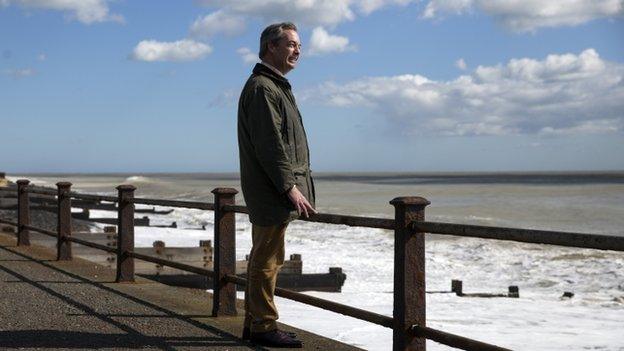
I am not sure if it is by design or if he just wants a slow start, but two days in to this general election campaign and UKIP leader Nigel Farage appears to be taking it easy.
Or at least that is how it seems.
This is a candidate who has to win on 7 May. If he fails to become the next MP for South Thanet he has said he will quit as leader.
Yet I have seen no door-knocking. Our cameras have not been told of any public event, yet.
We have had two poster-unveiling ceremonies with impromptu leader interviews. He arrives, he speaks, he answers questions, then he leaves.

The EU, and the UK's place within it, is set to be a major issue in the election campaign.
David Cameron has promised to renegotiate the terms of Britain's membership of the EU and put it to a public vote in 2017, if the Conservatives win in May.
'Profoundly unfair'
Labour has said it does not support an in/out referendum, while Lib Dem leader Nick Clegg said his party would not "play footsie" with the idea of leaving the EU - although he has refused to say he would block a referendum as part of any coalition deal.
The Financial Times has reported, external the Lib Dems would only agree to support a poll if the franchise was extended to EU migrants resident in the UK and 16- and 17-year-olds. The party is also said to want to have a say on the wording of the question and the timing of the vote.
In response, UKIP's economic spokesman and campaign chief Patrick O'Flynn accused Mr Cameron and Mr Clegg of preparing to "rig" a referendum if they are in power together again.
He said it would be "profoundly unfair" to allow UK-based EU nationals to participate, and claimed the idea to give younger people a vote was designed to sway the result towards an "in" vote.
- Published30 March 2015
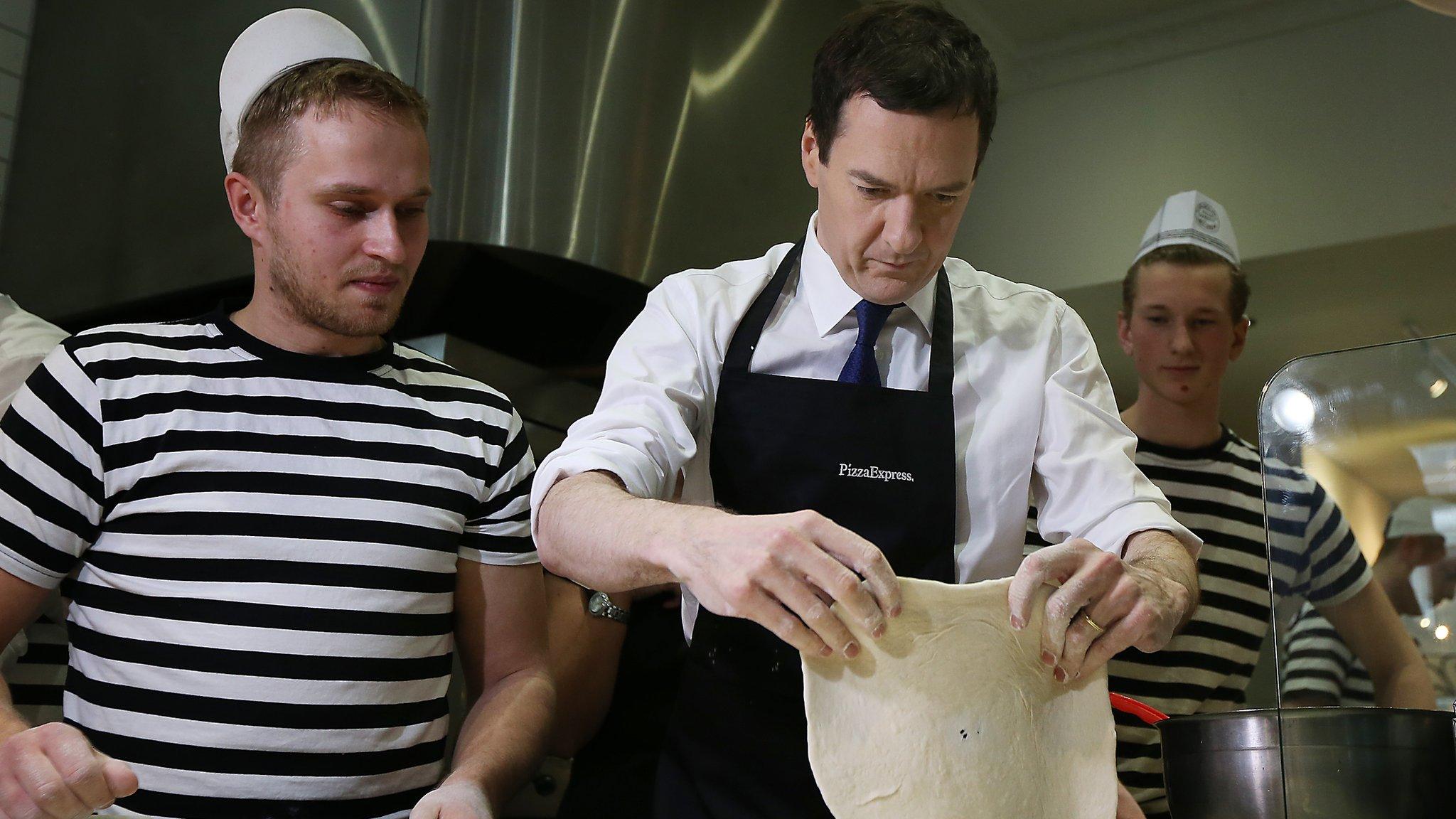
- Published31 March 2015
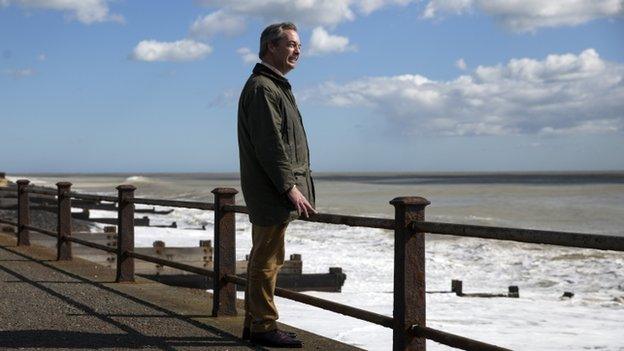
- Published26 February 2015
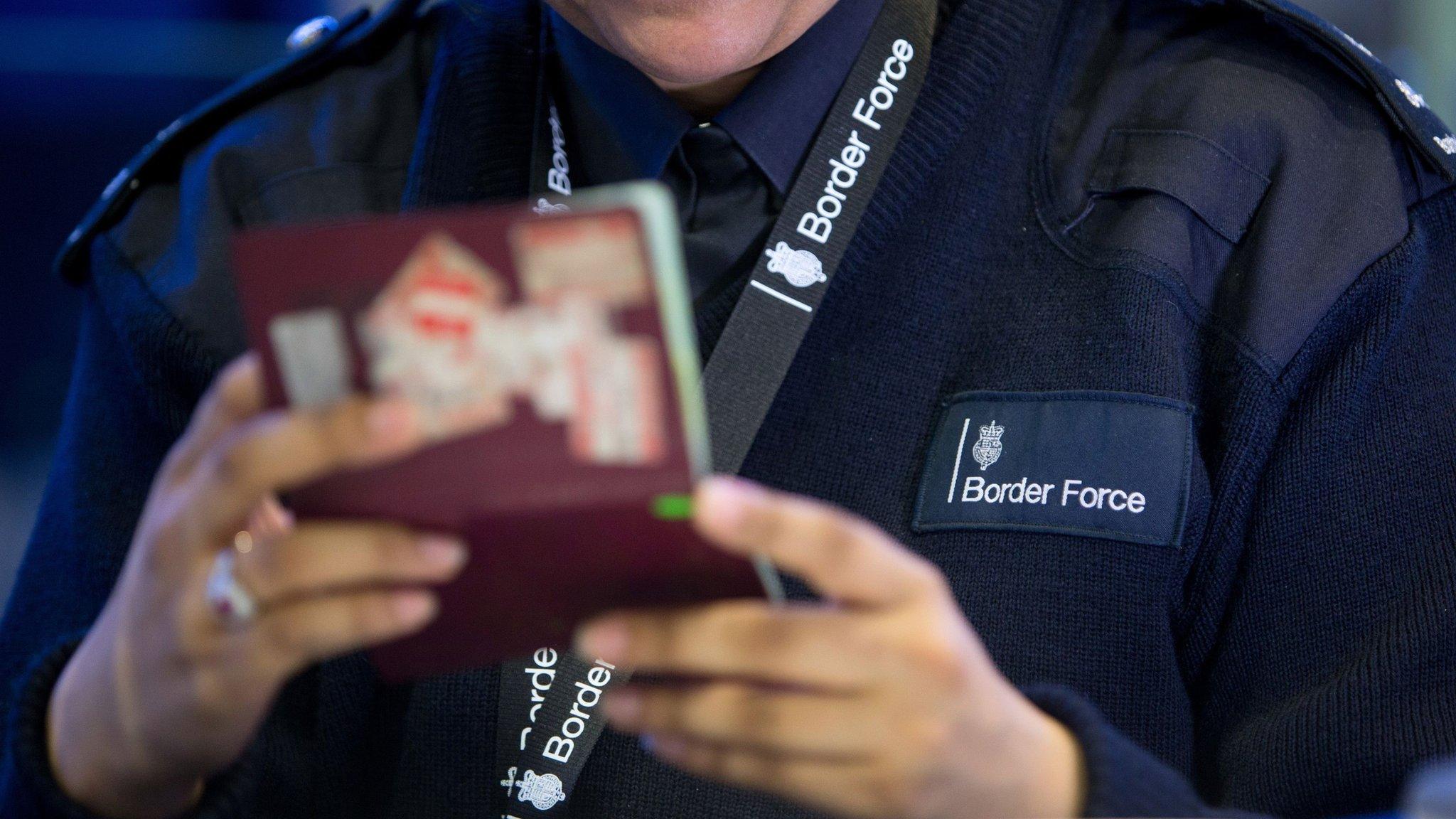
- Published30 March 2015
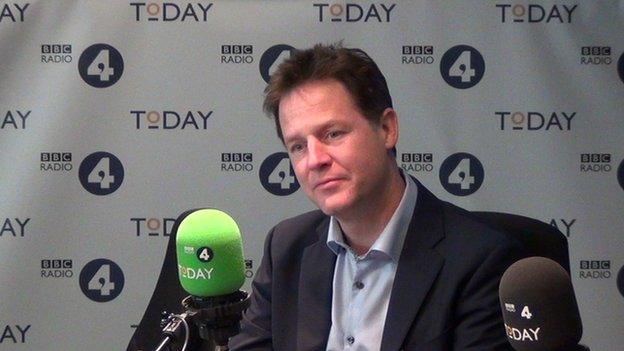
- Published21 May 2015
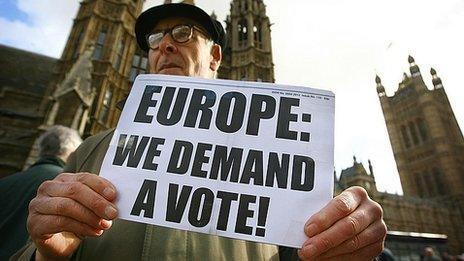
- Published23 January 2013
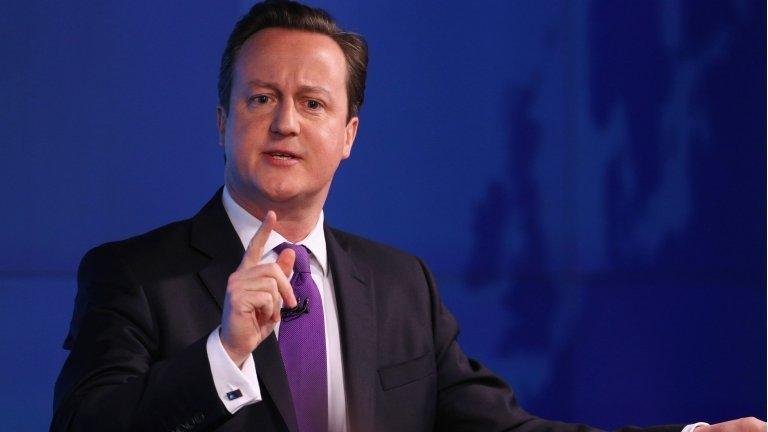
- Published24 January 2013
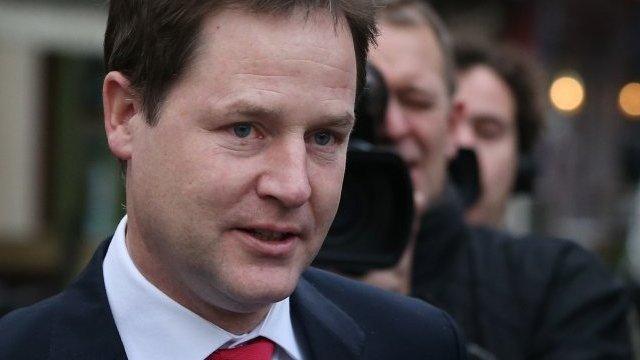
- Published30 March 2015
